Author: Carol Pages, Pages Family Law.
In last week’s article, we shared our approach to resolving family law matters with clarity and confidence. A key part of that approach is early, tailored advice, so you can protect your assets, provide for your family, and move forward with certainty.
While most separations are resolved without going to Court, there are times when Court becomes necessary—this is not a failure, but as a strategic step to get your matter moving toward resolution.
So how do you know when it’s time to take that step?
Here are the top reasons we advise our clients to consider Court in family law matters.
You’ve Been Served with a Court Application
If you’ve received Court documents from your ex or their lawyer, it’s crucial to act quickly. There are strict deadlines to file a response, and your matter will usually have a Court date (often online) already set.
Whether it’s a property settlement, a parenting matter, or both — we can guide you through the process with strategy and clarity.
Important: Being in Court doesn’t mean you’re headed for an expensive trial. Most cases settle well before a final hearing. The Family Court system in Australia is designed to promote early resolution, with court-mandated dispute resolution events, family consultants, and clear timetables.
Your Matter Isn’t Progressing
One of the most common reasons our clients end up in Court is a lack of meaningful progress.
This might look like:
- ● Endless delays by a self-represented ex
- ● Refusal to provide financial disclosure
- ● Settlement offers that fall far outside the legal range
- ● Potential for escalating legal fees without clear outcomes
In these cases, Court can actually be the most cost-effective path forward. We provide:
- ● Clear cost-benefit analysis before recommending Court
- ● Advice comparing proposed offers to legal entitlements
- ● Strategies to contain legal costs and focus on resolution
We often see cases where correspondence drags on with inflammatory or excessive communication about minor issues — such as disputes over personal property or long letters after parenting time. If you’re stuck in cycles like this, a structured Court process can cut through the noise and move things forward.
You’re Dealing with a High-Conflict or Narcissistic Ex
Some separations involve high-conflict personalities where negotiation leads nowhere. These cases often involve:
- ● Refusal to disclose financial documents
- ● Lengthy and deadlocked parenting disputes
- ● Sudden financial withdrawal from a dependent spouse
- ● Manipulative or controlling behaviour
If your ex is using delay or denial as a tactic, the fight may be the point. In these matters, Court can de-escalate conflict and focus on outcomes.We’ve supported many clients in this situation and helped them regain control, clarity and confidence by shifting from reactive communication to structured legal strategy.
Our Approach to Court Proceedings
When we recommend going to Court, it’s not taken lightly. But time and again, clients tell us they feel relieved once proceedings are underway.
Here’s what that looks like:
- ● A well-prepared application that clearly sets out your case
- ● Court-imposed structure and supervision
- ● Timetables that replace uncertainty with forward momentum
- ● Ongoing opportunities to resolve outside Court
We don’t leave your matter to chance — we manage it with focus and transparency, including itemised invoices so you can stay on top of your legal costs.
Can You Still Settle Without a Judge Deciding?
Yes. In fact, the vast majority of matters settle well before trial.
We tell our clients that the Court process is like tram tracks:
- ● One track is the formal Court timetable
- ● The other is the ongoing opportunity to negotiate and resolve
Many matters settle at interim stages — especially after receiving new evidence such as property valuations, full disclosure, or family reports that offer guidance in parenting matters.
Need Legal Advice About Going to Court?
If you’re unsure whether it’s time to go to Court, or whether there’s another way forward, we can help. Our focus is on resolution with clarity — not unnecessary conflict.
Whether your matter is about protecting your assets, resolving parenting arrangements, or navigating a high-conflict separation, we’ll give you a clear strategy so you can move forward with confidence.
_________________________________
The content of this article is provided for information purposes only and does not constitute legal advice. We recommend that you seek legal advice relevant to your own circumstances and we would be happy to assist you.
Carol Pages is the Principal of Pages Family Law and an Accredited Specialist in Family Law and a Nationally Accredited Mediator. If you would like advice about your own separation, please contact Pages Family Law at info@pagesfamilylaw.com.au or on 03 9121 8077 or book a 15 minute free discovery call via our website.

